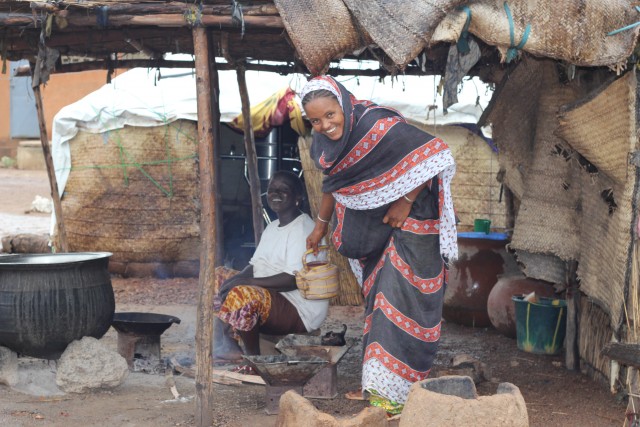
About Us
According to recent estimates around 9.2% of the global population (689 million people) are living in extreme poverty – that is, living on less than $1.90 a day [1] And whilst global economic growth has taken millions out of poverty, climate change is creating new challenges, new uncertainties and increased vulnerability for many in the global South. Research commissioned by the World Bank indicates that up to 132 million people may fall into poverty by 2030 due to the effects of climate change [2]
Evidence for Development works to find new and better ways of understanding how the poorest households and communities are affected by these rapidly changing conditions, and to generate information that is vital to improve resilience and raise living standards. The methods we use promote openness and accountability at every level – from large scale HEA food security assessments affecting the lives of millions, to more localised projects that work closely with individual households. Rigorously collected and analysed household economy information can change lives, allowing evidence-based programmes to guide development and direct the most effective types of assistance to the people who need it most.
Our core objective is to support governments, development agencies and other organisations working to reduce poverty and support sustainable and resilient development. Doing this effectively involves training and building capacity with national universities and other local institutions and organisations, as well as with UK-based universities and international non-governmental organisations (NGOs).
[1] Poverty and Shared Prosperity 2020: Reversals of Fortune. World Bank Group 2021.
[2] ibid